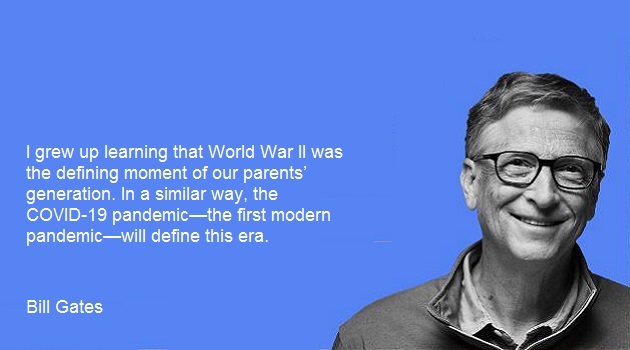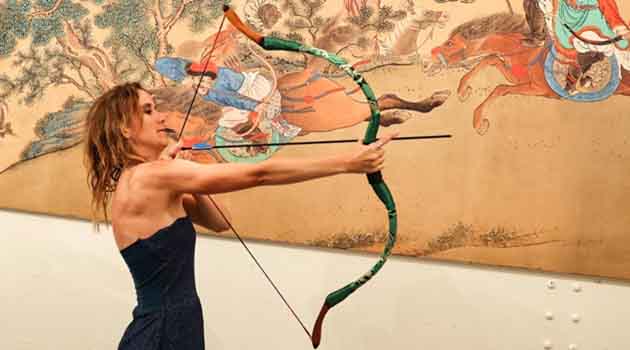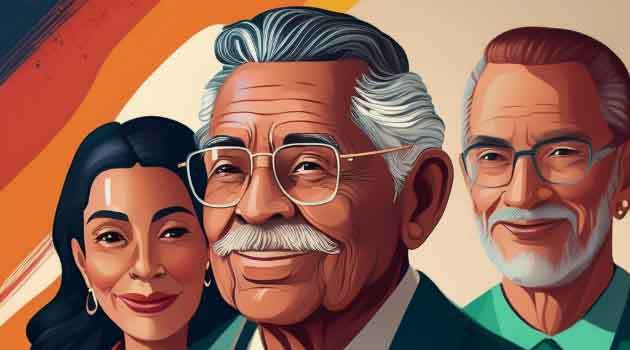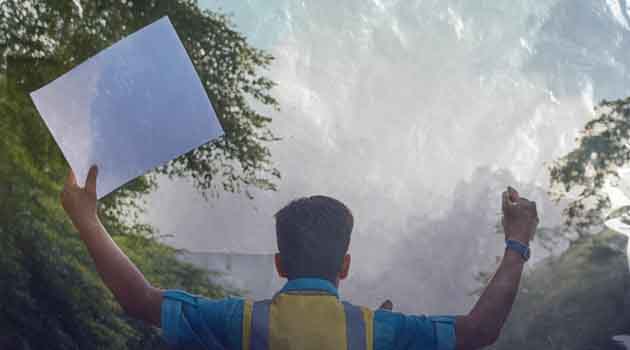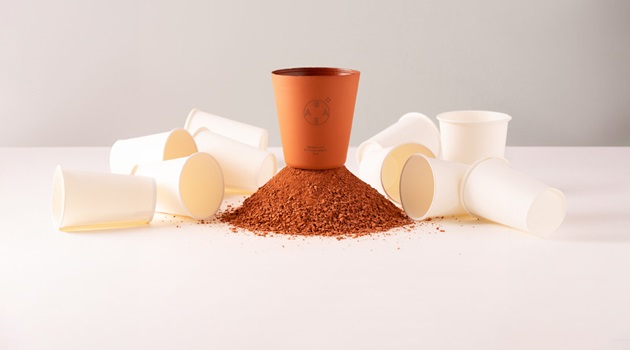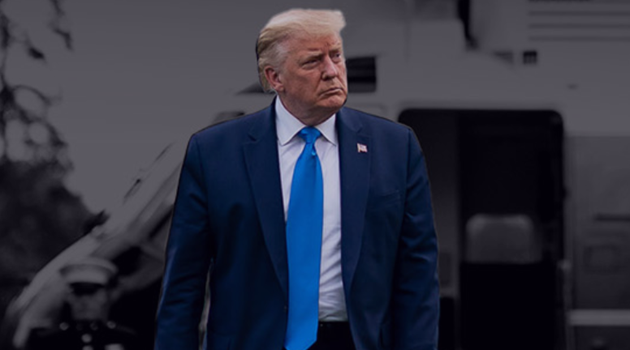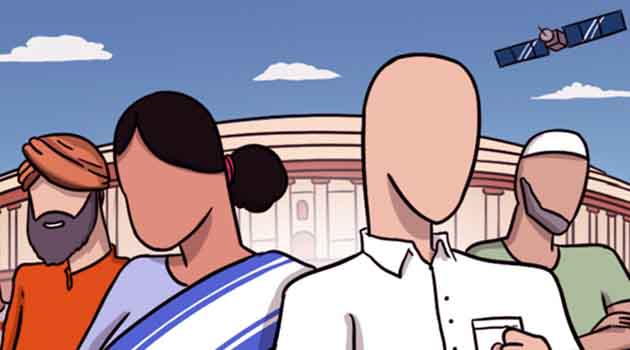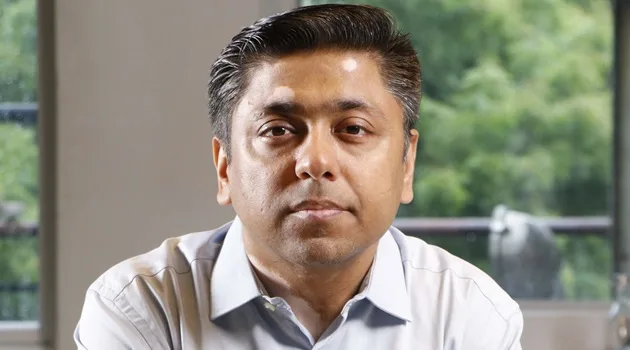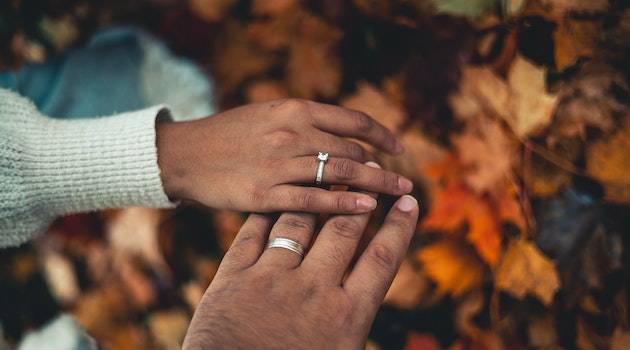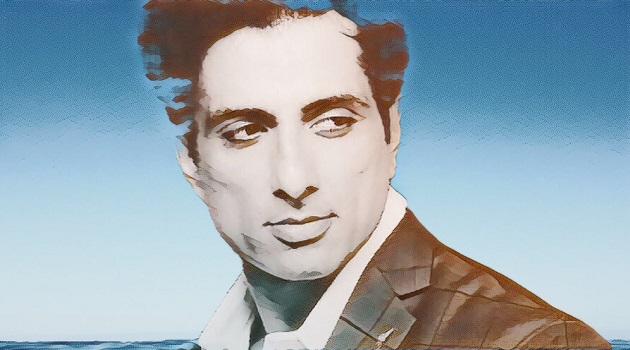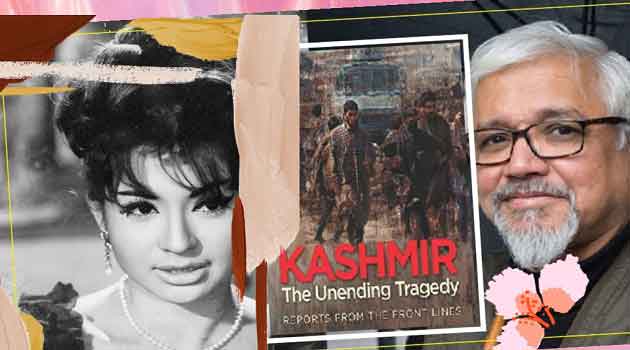In the first phase of the COVID-19 pandemic, we saw a huge spread of corona virus in a number of countries, starting with China and then throughout Asia, Europe, and the United States. The number of infections was doubling many times every month.
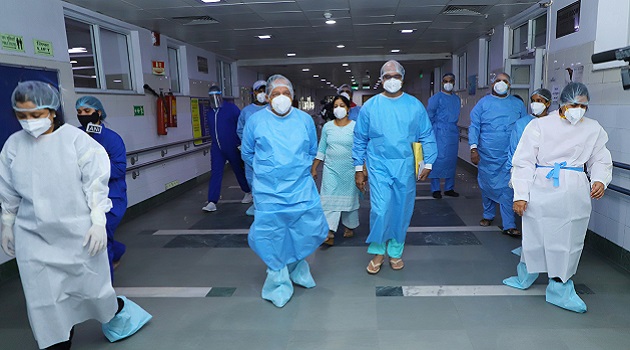
If people’s behaviour had not changed, most of the population would have been infected. By changing behaviour, many countries have gotten the infection rate to plateau and start to come down.
Have we overreacted?
It is reasonable for people to ask whether the behaviour change was necessary. Overwhelmingly, the answer is yes.
There might be a few areas where the number of cases would never have gotten large numbers of infections and deaths, but there was no way to know in advance which areas those would be.
The change allowed us to avoid many millions of deaths and extreme overload of the hospitals, which would also have increased deaths from other causes.
Suggested Reading: Covid-19 is Butchering Jobs, Brutally
The economic cost that has been paid to reduce the infection rate is unprecedented. The drop in employment is faster than anything we have ever experienced. Entire sectors of the economy are shut down.
It is important to realize that this is not just the result of government policies restricting activities. The government requirements made sure that enough people changed their behaviour, which was necessary to then have the opportunity to resume some activities.
How soon we will resume?
The wealthier countries are seeing reduced infections and starting to think about how to open up. Even as a government relaxes restrictions on behaviour, not everyone will immediately resume the activities that are allowed.
Suggested Reading: Does the end of lockdown mean end of corona?
It will take a lot of good communication so that people understand what the risks are and feel comfortable going back to work or school. This will be a gradual process, with some people immediately doing everything that is allowed and others taking it more slowly.
Some employers will take a number of months before they require workers to come back. Some people will want the restrictions lifted more rapidly and may choose to break the rules, which will put everyone at risk.
What we need to learn
Our knowledge of the disease will help us with tools and policies. There are a number of key things we still don’t understand.
A number of studies are being done to answer these questions. The global collaboration on these issues is impressive and we should know a lot more soon.
Is the disease seasonal or weather dependent? Almost all respiratory viruses (a group that includes COVID-19) are seasonal. This would mean there are fewer infections in the summer, which might lull us into complacency when the fall comes. This is a matter of degree.
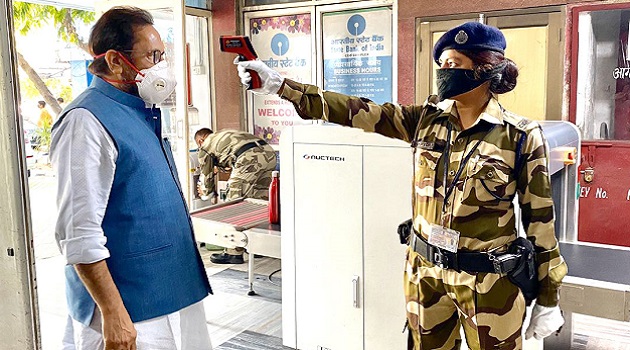
What about people who are recovered and have some residual virus—how infectious are they? Computer models show that if there are a lot of people who are asymptomatic but infectious, it is much harder to open up without a resurgence in cases.
There is a lot of disagreement about how much infection comes from these sources, but we do know that many people with the virus don’t report symptoms, and some portion of those might end up transmitting it.
Why do young people have a lower risk of becoming seriously ill when they get infected? Understanding the dynamics here will help us weigh the risks of opening schools.
It is a complicated subject because even if young people don’t get sick as often, they might still spread the disease to others. What symptoms indicate you should get tested?
Some countries are taking the temperature of lots of people as an initial screening tool. If doing this helps us find more potential cases, we could use it at airports and large gatherings.
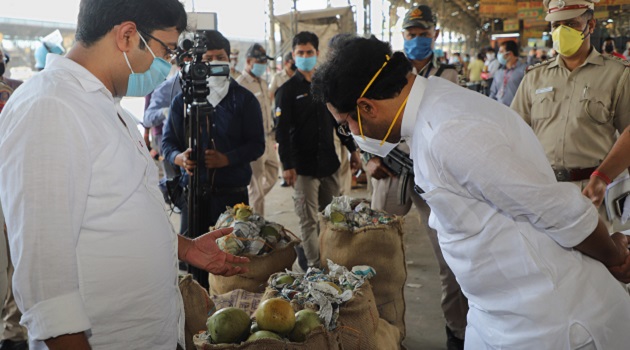
People ask questions about avoiding prepared food or door knobs or public toilets so they can minimize their risk. Judgements will have to be made about different kinds of gatherings like classes or church going and whether some kind of spacing should be required.
Who is most susceptible to the disease?
We know that older people are at much greater risk of both severe illness and death. Understanding how gender, race, and co-morbidities affect this is a work in progress.
Now that the epidemic has hit, we are applying our expertise to finding the best ideas in each area and making sure they move ahead at full speed. There are many efforts going on. More than 100 groups are doing work on treatments and another 100 on vaccines.
Innovation to beat the enemy
During World War II, an amazing amount of innovation, including radar, reliable torpedoes, and code-breaking, helped end the war faster.
This will be the same with the pandemic. Let’s break the innovation into five categories: treatments, vaccines, testing, contact tracing, and policies for opening up.
Without some advances in each of these areas, we cannot return to the business as usual or stop the virus.
